Ready to learn more?
Get all the details straight to your inbox!

Luther College students are eligible for nearly $100,000 in academic awards – in addition to scholarships and bursaries awarded by the U of R.
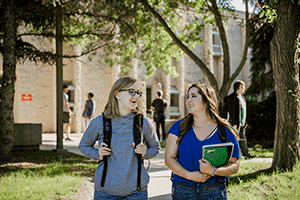
Luther College is a great choice for high school to university transition. Enjoy all the benefits of a larger campus, without feeling lost in the crowd. Our community is full of caring mentors and peers to ensure a positive student experience.
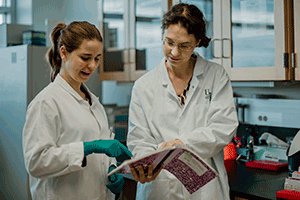
Luther College offers Bundles programs that group together first-year students and classes to give you a great start and help ease the transition from high school to university.
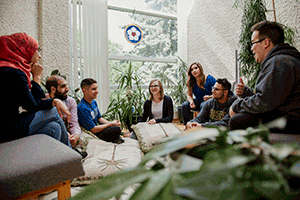
Luther College appeals to students who want to study in a safe, nurturing, and inclusive environment. We welcome students of all faiths, ethnicities, backgrounds, religions, genders, and sexual orientations.
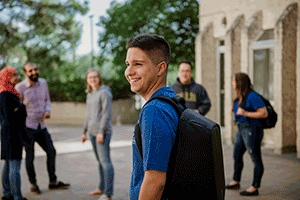
To enrol as a Luther College student, simply fill out the University of Regina application form and select Luther as your campus of choice.
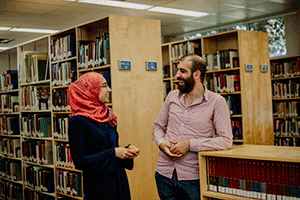
The Luther Library has over 24,000 items in its collection, 5,000 books checked out per year, and 7,000 students who come through its door per month.
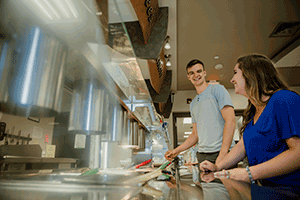
Eating better means studying better. The Luther Cafeteria offers fresh, healthy, nutritious meals seven days a week with a self-serve “all-you-care-to-eat” concept students prefer.
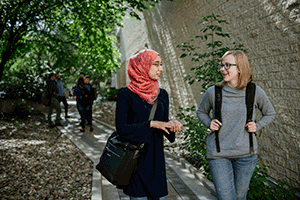
You can book a tour of Luther College, the U of R campus, and our student residence, The Student Village at Luther College, any time throughout the year. Contact our Recruitment Office at 1-306-206-2117.
Get all the details straight to your inbox!
Like many 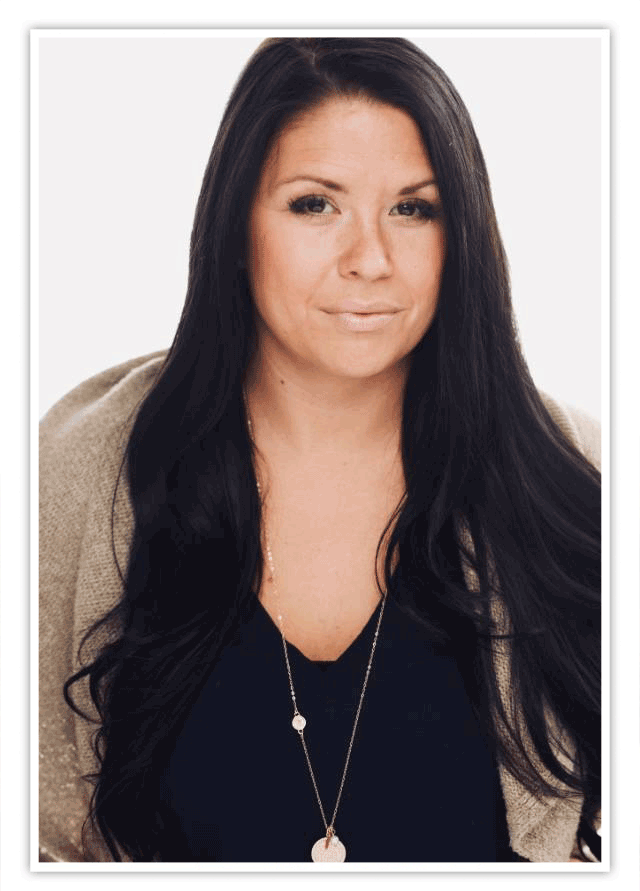 of her peers, Jenna Tickell (U’13) began her undergraduate degree with a clear goal in mind: get a degree, be a great therapist. But her time at Luther would change more than just her credentials; it would change her life.
of her peers, Jenna Tickell (U’13) began her undergraduate degree with a clear goal in mind: get a degree, be a great therapist. But her time at Luther would change more than just her credentials; it would change her life.
Jenna, whose background is equal parts Metis, First Nations, Irish, and Scottish, did not have a connection with her Indigenous roots when she began her bachelor’s degree. “The images and notions I was presented with about Indigenous people over the course of my life — I didn’t identify with them. All I had were those stereotypical images and misconceptions; it’s hard to take on an identity that you know nothing about.”
It wasn’t until beginning her university studies that she came to learn about the history and culture of indigenous peoples in Canada, and she realized that the preconceived notions she held weren’t true. For the first time in her adult life she acknowledged, and felt empowered by, that part of her heritage.
Jenna is grateful for the guidance of staff and faculty that she met at Luther: their support, encouragement, and advice were important in bringing her to the place she is today. It was in a Missing and Murdered Indigenous Women class, taught by Women’s and Gender Studies and Religious Studies professor Dr. Brenda Anderson, where she first publically owned her Indigenous heritage. “My entire life has changed because of my education,” Jenna states. “[It] has made for meaningful relationships and a career.”
While writing her honours paper, which argued that the inclusion of indigenous history in the school curriculum should be standard practice, Jenna attended a public lecture by Sylvia Smith, a University of Regina (UofR) graduate student. Smith was presenting about a program called Project of heart (POH), which teaches about the history of the residential school system in Canada, and the implications of that history – which still reverberate today. The program was created by Smith as a part of her Master of education program to be used as a tool for teaching Indigenous history in Canada’s school system. Jenna recognized that POH was exactly the type of educational programming she was calling for in her honours paper.
In 2016, Jenna facilitated the inaugural POH course offered by LCUR. The course was free and open to everyone – students, community members, university faculty and staff. The program, which met its maximum of forty students, was a hit and has been offered each year since.
In February 2019, she was hired for a six-month term by Luther as an Indigenization Educator, a role created by the College to act on their commitment to the truth and reconciliation process. In this role, she is working with faculty and staff at LCUR to help determine how the College can most effectively contribute to the reconciliation process, both within its own walls, and in the greater community.
Jenna is also a graduate student at the UofR, working on her special Case Master’s in Women’s and Gender Studies, and is in the process of writing her thesis entitled “Canadian Matchmakers: How Colonialist Policies United Indigenous Women and Chinese Bachelors on the Prairies.” She hopes to defend this spring.
Although she is hesitant to nail down exactly what her future career looks like, Jenna knows “it will be heart-based. I want it to mean something,” she says, “and to make a difference.” To ensure that her career choices meet those ends, she says her work (collectively) will be something hard on the heart — emotionally challenging, empowering, and centred on health and well-being. “[My] career will be mixed. Overall I want to be doing those three things throughout my life. I want to live and give back and be part of the community.”